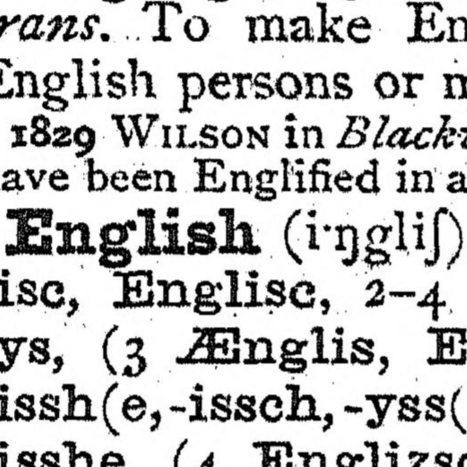Of course the official rule is that for countable things, like apples, we say fewer, as in, “Why are there fewer apples?” And for things that you can’t really count, you use less, as in “We need more dream time and less screen time.”
But recently, even from native speakers who’ve been to university, you can hear people using ‘less’ when the grammar books say they should use ‘fewer’. Language changes and there are many examples of things that we say differently than we write. What are your thoughts?
Should we grammar nazi this until everyone gets back in line? Should we just let language evolve and enjoy the ride? Do you think it will settle in with spoken and written forms being different? Do you think this will become the norm in English?
By the way, I blame supermarkets with their “9 items or less” signs.


The Oxford English dictionary also gives one definition of less as fewer, but with a warning:
Gilman’s Webster’s Dictionary of English Usage gives an insightful and (as usual) witty discussion. I paste it here as an image:
The line from 1770 says a lot. It appears this has been an issue for a long time. Maybe the pendulum will swing the other direction later.
“No fewer than a hundred appears to me not only more elegant than no less than a hundred, but more strictly proper.”